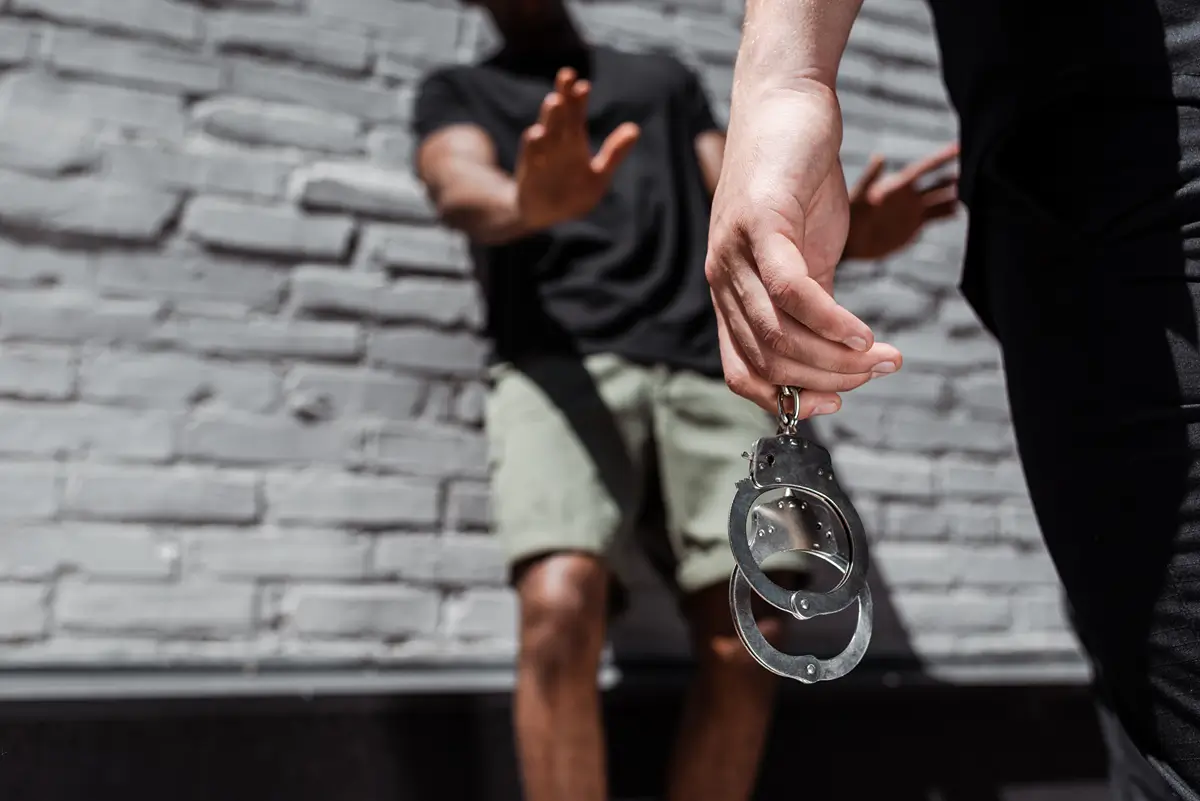It’s not uncommon for a person in a car or home where drugs or guns are found to get arrested and charged with possession of those items, even if they weren’t physically on his person. This is because of a legal theory known as “constructive possession”, which believes that anyone found in the area of contraband had an equal ability to possess it.
Like most things in the law, “possession” is a legal term with a specific definition. Generally speaking, possession means the ability to exercise dominion and control over an item. To break that down even further, proving possession generally means that the State needs to prove that you were aware of the item’s existence, that you were okay with the item being present, and that you had some ability to say what was done with the item. The way that I usually explain it to clients at my office is that they can see that there’s a stapler on my desk. They’re probably okay with there being a stapler on my desk. But they really don’t have any ability to say what does or doesn’t happen with my stapler. Since there’s a difference between being in the presence of an item and possessing it, it would be highly unlikely that they were actually in possession of my stapler.
People understandably get upset when their loved ones are arrested for possessing something that they weren’t physically controlling, but possession can be proved by what’s known as circumstantial evidence. This means that if there are enough reasonable facts to prove that a person WAS in possession of an item, a jury can still find them guilty. One of the primary ways that constructive possession is proved by circumstantial evidence is by the amount of “co-mingling” there is between the item and your own personal property. For example, if the police search a house that you’ve been staying at and they find a bag of drugs in a table in your personal room, the fact that you may not have been there when the search happened isn’t likely to prevent you from being charged with a crime for possession.
Constructive possession cases can be difficult for both the State and the Defense. From the State perspective, not being able to show actual, physical control of an item can lead juries to find that there’s reasonable doubt in the case. At the same time, they’re equally hard on the Defense because it requires convincing juries that a LOT of coincidences don’t add up to possession, such as being in your own car or home and not having any idea whatsoever that there were drugs and guns hidden under a seat. Being able to successfully make that type of argument requires an experienced and talented attorney, and preferably one who has trial experience because a LOT of these cases need to proceed to trial to get the best possible result.
At Razumich & Associates, our goal is to make sure that each of our clients receives the personalized attention that their cases deserve so that they can make the best possible decisions on important matters affecting their future. We personally meet with everyone who sets an appointment with our office, and we will take as long as necessary to make sure that every question you have is answered as completely as possible. That’s our promise to you: we’re Lawyers Ready to Fight, and we look forward to fighting for you.






